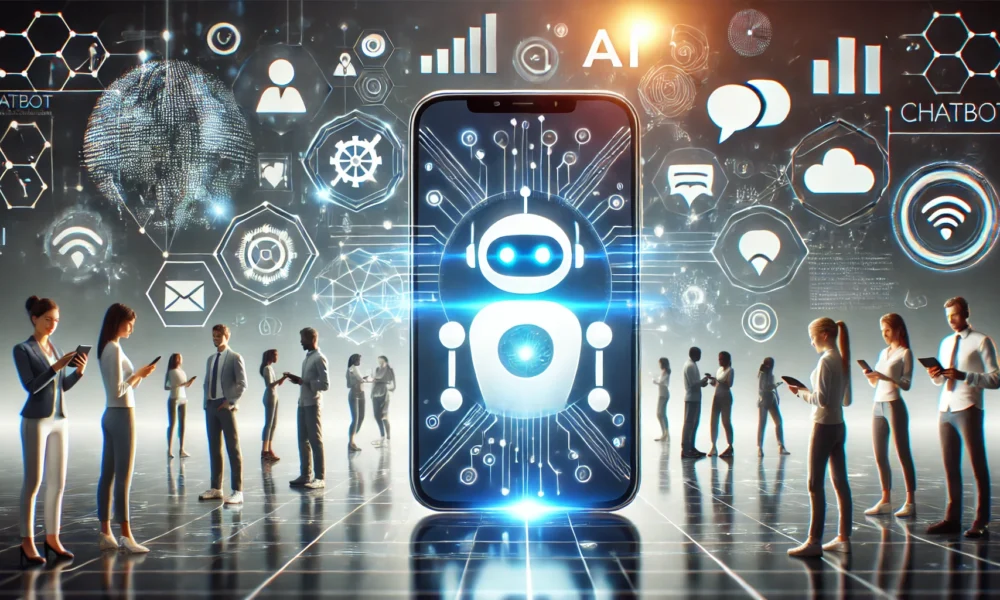The Rise of Conspiracy Theories in the Digital Age
Conspiracy theories have always captured our imagination, but in today’s connected world, they pose a global threat. False narratives like “9/11 was an inside job” or “vaccines have microchips” can spread rapidly through social media, breeding mistrust and division.
Exploring the Impact of AI on Conspiracy Beliefs
Psychologists have long struggled to change entrenched conspiracy beliefs rooted in emotions and identity. However, new research suggests that AI may hold the key to challenging these beliefs through personalized and empathetic conversations.
The AI Experiment: Debunking Conspiracy Theories
Researchers utilized OpenAI’s GPT-4 Turbo to engage conspiracy theorists in evidence-based conversations. The results were promising, with a significant reduction in belief in conspiracy theories and increased motivation to challenge misinformation.
Why AI Succeeds Where Humans Fail
AI’s ability to personalize responses, remain neutral, and deliver accurate information makes it an effective tool in combating conspiracy beliefs. Its impact extends beyond individual conversations, helping individuals rethink their approach to similar ideas.
Implications of AI in Fighting Misinformation
AI’s potential to address conspiracy theories could have far-reaching societal benefits, including reducing conflicts and preventing the spread of false information. However, ethical considerations and oversight are crucial to harnessing AI’s power responsibly.
Ensuring Ethical Use of AI
While AI shows promise in combatting misinformation, ethical guidelines and transparency are essential to prevent misuse and maintain credibility. Regular updates and independent audits are crucial to address biases and ensure responsible use of the technology.
The Transformative Role of AI in Society
This study underscores AI’s potential to counter misinformation and promote societal harmony when deployed ethically. By leveraging AI’s capabilities for positive change, we can address pressing issues and build a more informed society.
The Power of AI in Combatting Conspiracy Theories
AI’s personalized and empathetic approach offers a new strategy to challenge deep-rooted beliefs and foster critical thinking. Ethical usage and ongoing oversight are essential to maximize AI’s impact in combating misinformation.
-
How is AI changing the way we tackle conspiracy theories?
AI is helping to analyze and debunk false information more quickly and efficiently, by processing large amounts of data to identify patterns and inconsistencies in conspiracy theories. -
Can AI be used to prevent the spread of conspiracy theories?
Yes, AI tools can be deployed to monitor social media platforms and websites for conspiracy theories, flagging suspicious content for fact-checking and removal. -
How does AI help fact-checkers in debunking conspiracy theories?
AI algorithms can assist fact-checkers by quickly analyzing claims and cross-referencing them with credible sources, making the process of debunking conspiracy theories more streamlined and accurate. -
Are there any ethical concerns related to using AI to tackle conspiracy theories?
There are concerns about potential biases in AI algorithms and the risk of inadvertently censoring legitimate opinions. It is crucial to ensure transparency and accountability when using AI in combating conspiracy theories. - What are some examples of AI tools being used to combat conspiracy theories?
Platforms like Facebook and YouTube are employing AI to detect and remove false information, while organizations like the BBC and Factmata are using AI to verify news stories and debunk conspiracy theories.


